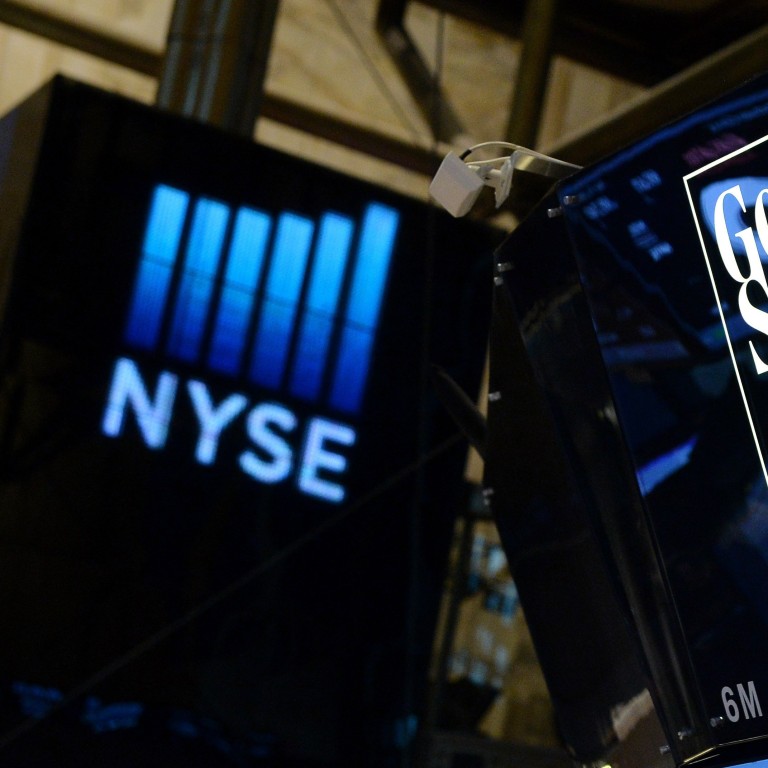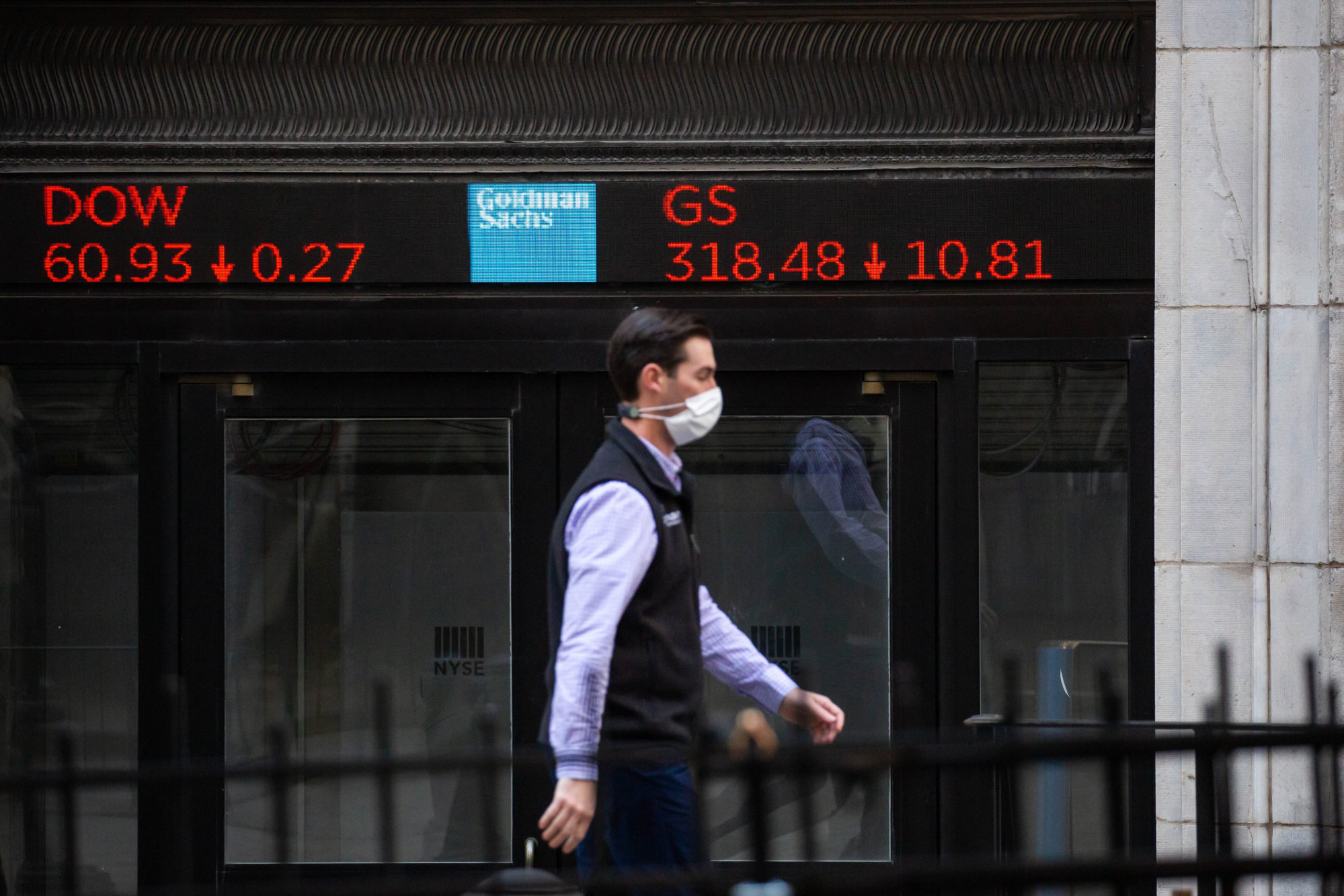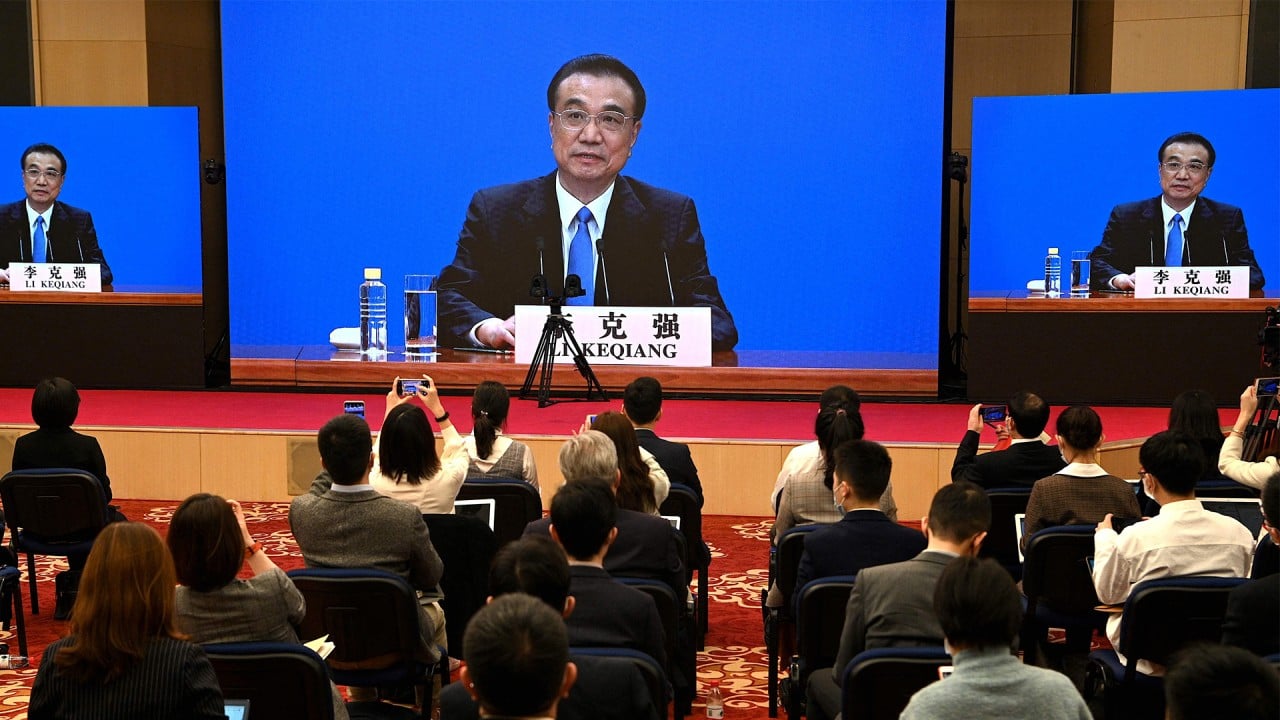
Goldman sold US$10.5 billion of stocks in block trades, hitting Baidu, Tencent Music, iQiyi and US media amid ‘forced deleveraging’ by mystery fund
- Goldman sold stakes in Baidu, Tencent Music, Vipshop, as well as shares in ViacomCBS, Discovery, Farfetch, iQiyi and GSX Techedu, according to email
- Media reports linked forced sales by banks with ties to Archegos Capital Management controlled by Bill Hwang, former Julian Robertson protégé
More of the unregistered stock offerings were said to be managed by Morgan Stanley, according to people familiar with the matter, on behalf of one or more undisclosed shareholders. Some of the trades exceeded US$1 billion in individual companies, calculations based on Bloomberg data show.
The Financial Times reported that Morgan Stanley sold US$4 billion worth of shares earlier in the day, followed by another US$4 billion in the afternoon, Reuters reported, citing the Financial Times. Goldman Sachs told counterparties that the sales were prompted by a “forced deleveraging,” the UK newspaper added, citing people with knowledge of the matter.

“This was highly unusual,” said Oliver Pursche, a senior vice-president at Wealthspire Advisors, which manages US$12 billion in assets. “The question now is: Are they done? Is this over? Or come Monday and Tuesday, are markets are going to be hit by another wave of block trades?”
In block trades, large volumes of securities are privately negotiated between parties, usually outside open market.
Maeve DuVally, a Goldman Sachs spokeswoman, declined to comment. A spokesperson for Morgan Stanley declined to comment. A person reached at Archegos’s New York office on Friday declined to comment. An email sent to Hwang seeking comment was not returned.
Wall Street is now collectively speculating on the identity of the mysterious seller or sellers. The liquidation triggered price swings for every stock involved in the high-volume transactions, rattling traders and prompting talk that a hedge fund or family office was in trouble and being forced to sell.
Several major investment banks with ties to hedge fund Archegos Capital Management liquidated holdings, contributing to the slump in share prices of ViacomCBS and Discovery, IPO Edge reported, citing people it did not identify. CNBC said forced sales by Archegos were probably related to margin calls on heavily leveraged positions.
New York-based Archegos is controlled by former Julian Robertson protégé and Tiger Management analyst Bill Hwang.
Shares in ViacomCBS and Discovery tumbled around 27 per cent each on Friday, while US-listed shares of China based Baidu and Tencent Music plunged during the week, dropping as much as 33.5 per cent and 48.5 per cent, respectively, from Tuesday’s closing levels.

Goldman Sachs, BofA Securities and Citic Securities were the joint global sponsors, coordinators, bookrunners and lead managers of the offering that soaked up HK$23.7 billion in net proceeds from local retail and foreign institutional investors.
Eric Handler, an analyst at MKM Partners, who covers Discovery, said that large blocks of shares in both Viacom and Discovery companies were put in the market on Friday, likely exacerbating the declines.
Friday’s sell-off dragged companies including Alibaba Group Holding (the owner of this newspaper) and NetEase lower. The peers later recovered after traders said word of the offerings lessened fears that a broader trade was unfolding throughout the sector.
That late rebound pushed up an index of companies engaged in internet-related businesses in China and the US, with the measure halting a three-day sell-off while still notching a slide of about 6.5 per cent for the week.
Chinese stocks have been under pressure after a warning from the Securities and Exchange Commission that it is taking steps to force accounting firms to let US. regulators review the financial audits of overseas companies. The penalty for non-compliance is ejection from exchanges.
Additional reporting by SCMP Reporter



